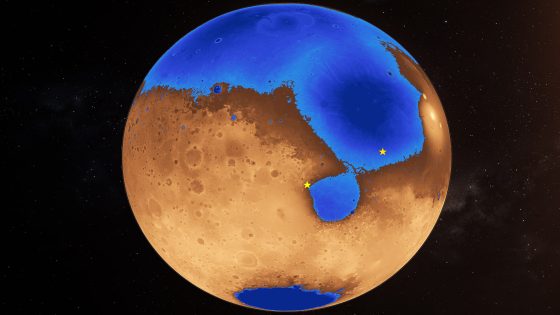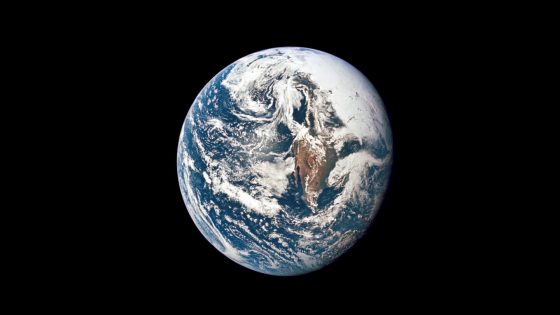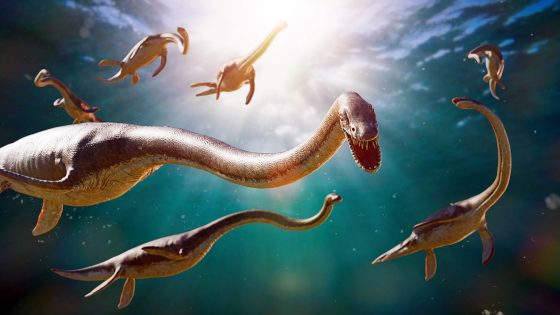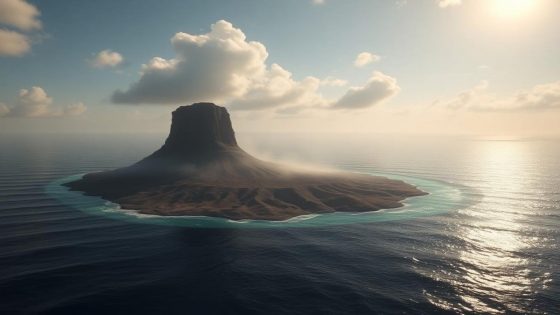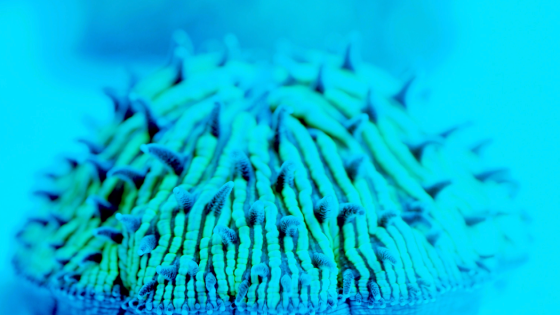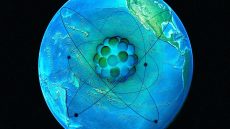Mars may have once had “vacation-style” beaches similar to those on Earth, according to exciting new findings from the Zhurong rover. This discovery, reported on February 25, 2025, suggests that ancient shorelines existed on the Red Planet, raising questions about its past environment. Could Mars have supported life near these beaches?
- Mars may have hosted ancient oceans.
- Zhurong rover used ground penetrating radar.
- Buried beach deposits indicate past water.
- Mars' beaches resemble Earth's ancient shorelines.
- Findings support past habitability on Mars.
- Future missions could explore buried deposits.
New Evidence Suggests Mars Once Had Beaches and Oceans
What if Mars was once a warm, inviting place with beaches? The Zhurong rover has uncovered buried deposits that resemble ancient shorelines, indicating that large bodies of water may have existed on the planet. This finding challenges our understanding of Mars and its potential to support life.
Understanding the Implications of Ancient Beaches on Mars
These beach-like deposits discovered by Zhurong provide crucial insights into Mars’ history. The rover’s ground-penetrating radar revealed layers shaped by waves, similar to Earth’s beaches. This suggests that:
- Mars may have had a stable ocean environment.
- Rivers likely carried sediment into these bodies of water.
- Liquid water existed on the surface, free from ice.
- Shorelines could be prime locations for searching for past life.
How Did Zhurong Discover Mars’ Ancient Shorelines?
The Zhurong rover, which landed in May 2021, used advanced radar technology to explore up to 80 meters below Mars’ surface. Its findings indicate that the layered deposits are not just random geological formations but are consistent with the accumulation of sand along ancient beaches. This suggests a long-lasting oceanic presence, similar to Earth’s coastal environments.
The Debate Over Mars’ Oceanic History
For decades, scientists have debated whether Mars had a massive ocean. While some images suggested shorelines, the uneven terrain raised questions. Recent findings from Zhurong support the idea that volcanic activity may have altered Mars’ surface, distorting what were once flat shorelines. This new perspective helps clarify the planet’s complex geological history.
Future Exploration and the Search for Life
As we learn more about Mars’ past, the implications for future exploration are significant. The discovery of ancient beaches opens up exciting possibilities for finding evidence of past life. Future missions could focus on these areas to uncover more about Mars’ watery history and its potential to have supported life.



